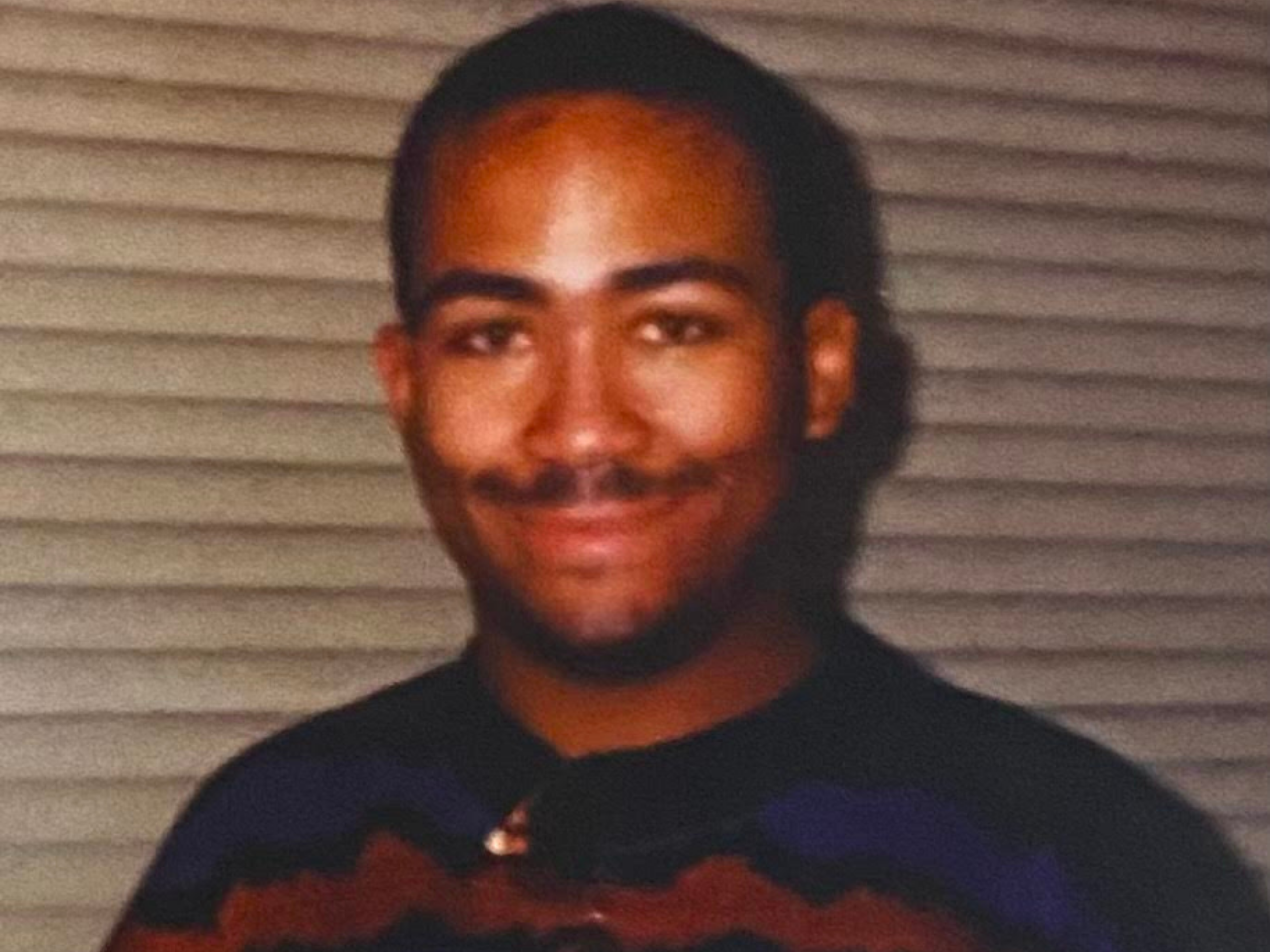An Overdue Black Queer Resurrection: Lifting the Legacy of Augustus Granville Dill
Each February, via Black History Month, our nation has the opportunity and privilege to reflect on the legacy of Black Americans. From Google Doodles to corporate banks to federal proclamations, reaching far beyond slavery, observing Black History Month allows us to celebrate the substantial contributions that African Americans have made to The United States of America’s history, culture, vibrancy, and soul.





